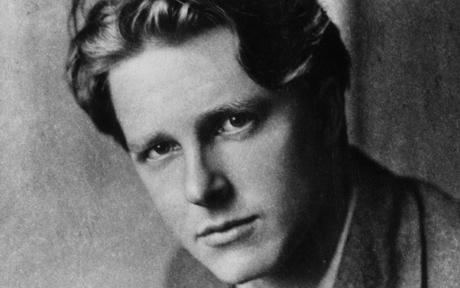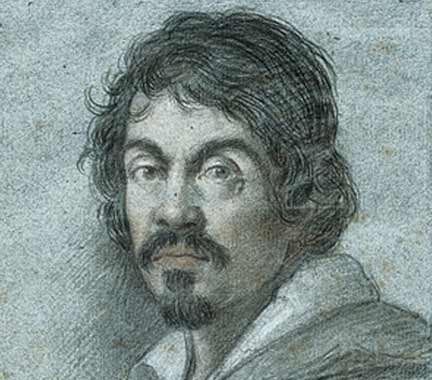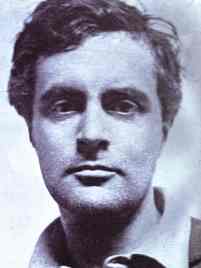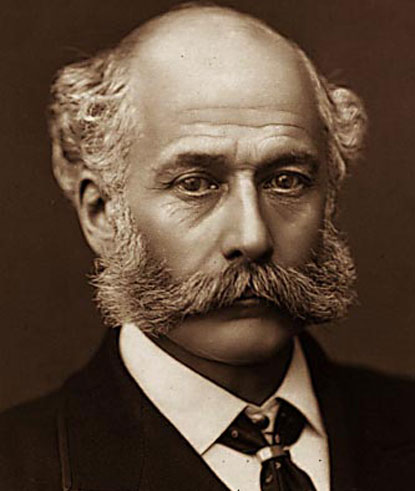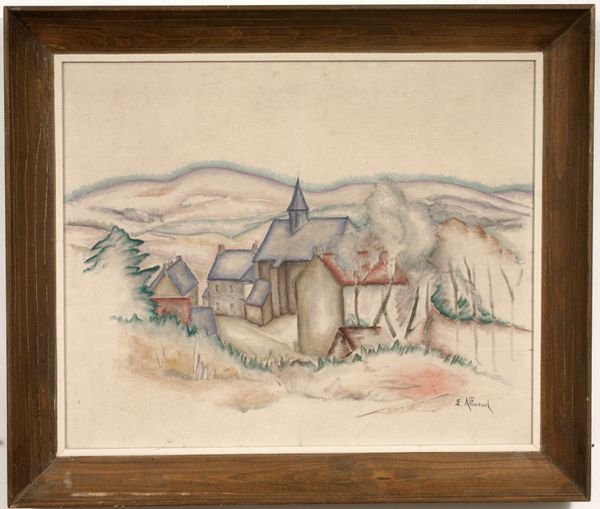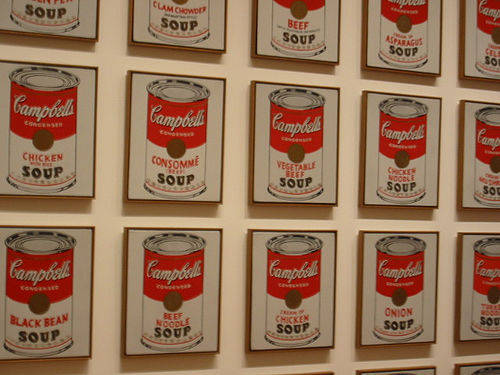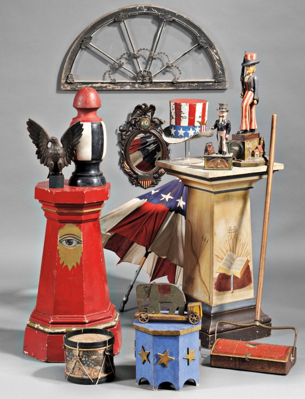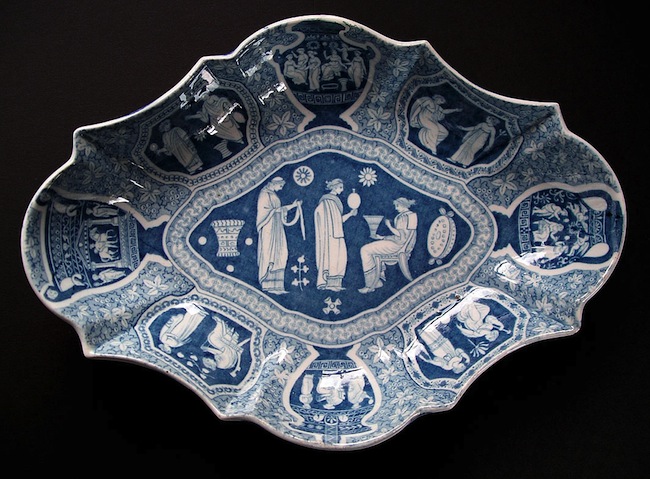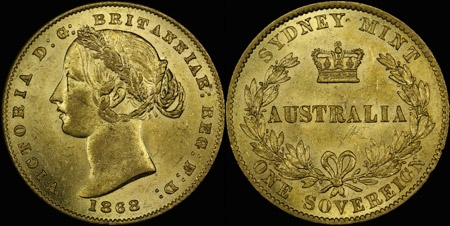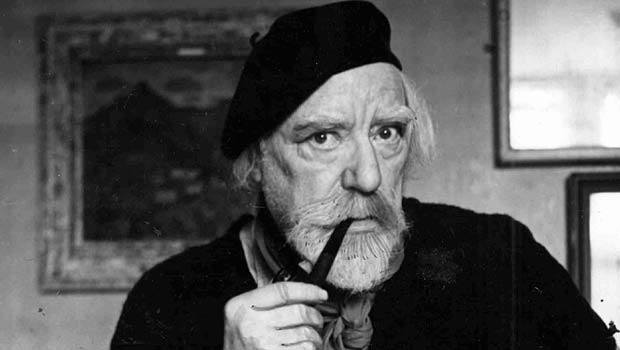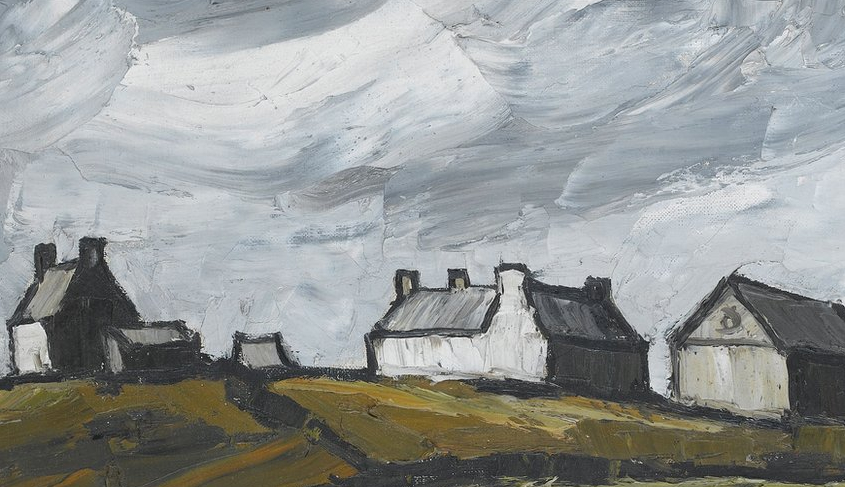Brooke was an English poet whose neo-Romantic poems and premature death in World War One contributed to his fame and idealised image.
Rupert Brooke was born on 3 August 1887. His father was a housemaster at Rugby School. After leaving Cambridge University, where he became friends with many of those in the ‘Bloomsbury Group’, Brooke studied in Germany and travelled in Italy. In 1909 he moved to the village of Grantchester, near Cambridge, which he celebrated in his poem, ‘The Old Vicarage, Grantchester’ (1912). His first collection of poems was published in 1911. In 1913, Brooke became a fellow of King’s College, Cambridge, his old college.
A man of great physical beauty by reputation, Rupert Brooke was born in Rugby, Warwickshire where he attended the local school. He then gained entry into King’s College, Cambridge (1905-11) where he became a Fellow in 1912. He travelled extensively and wrote many travel letters for the ‘Westminster Gazette’, London (1912-13). At the start of the First World War in 1914, he was assigned to the Royal Naval Volunteer Reserve. He saw action at Antwerp which inspired the writing of five passionately patriotic sonnets, the last of them being The Soldier
1914 V: The Soldier
If I should die, think only this of me:
That there’s some corner of a foreign field
That is for ever England. There shall be
In that rich earth a richer dust concealed;
A dust whom England bore, shaped, made aware,
Gave, once, her flowers to love, her ways to roam,
A body of England’s, breathing English air,
Washed by the rivers, blest by suns of home.And think, this heart, all evil shed away,
A pulse in the eternal mind, no less
Gives somewhere back the thoughts by England given;
Her sights and sounds; dreams happy as her day;
And laughter, learnt of friends; and gentleness,
In hearts at peace, under an English heaven.Rupert Brooke
In the same year, he left England to travel in North America, New Zealand and the Pacific islands. He returned home shortly before the outbreak of World War One. He was commissioned into the Royal Naval Division and took part in the disastrous Antwerp expedition in October 1914. In February 1915, he set sail for the Dardanelles. On board ship he developed septicaemia from a mosquito bite. He died on 23 April 1915 on a hospital ship off the Greek island of Skyros and was buried in an olive grove on the island.
Rupert Brooke caught the optimism of the opening months of the war with his wartime poems, published after his death, which expressed an idealism about war that contrasts strongly with poetry published later in the conflict.
1914 I: Peace
Now, God be thanked Who has watched us with His hour,
And caught our youth, and wakened us from sleeping,
With hand made sure, clear eye, and sharpened power,
To turn, as swimmers into cleanness leaping,
Glad from a world grown old and cold and weary,
Leave the sick hearts that honour could not move,
And half-men, and their dirty songs and dreary,
And all the little emptiness of love!Oh! we, who have known shame, we have found release there,
Where there’s no ill, no grief, but sleep has mending,
Naught broken save this body, lost but breath;
Nothing to shake the laughing heart’s long peace there
But only agony, and that has ending;
And the worst friend and enemy is but Death.Rupert Brooke
Credit:
BBC
http://www.rupertbrooke.com/

